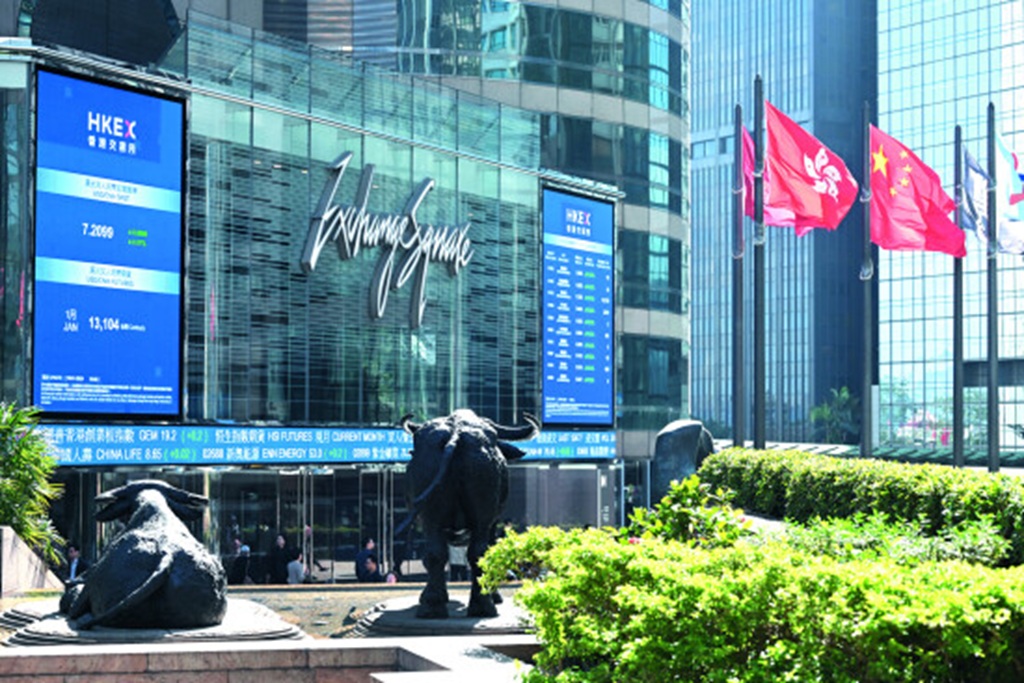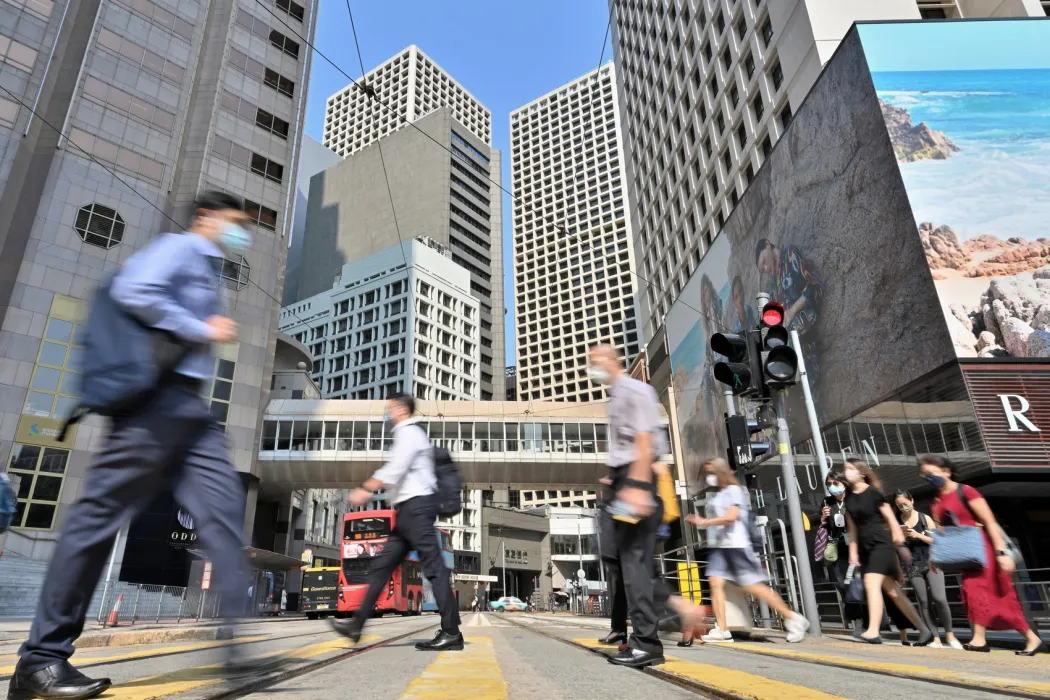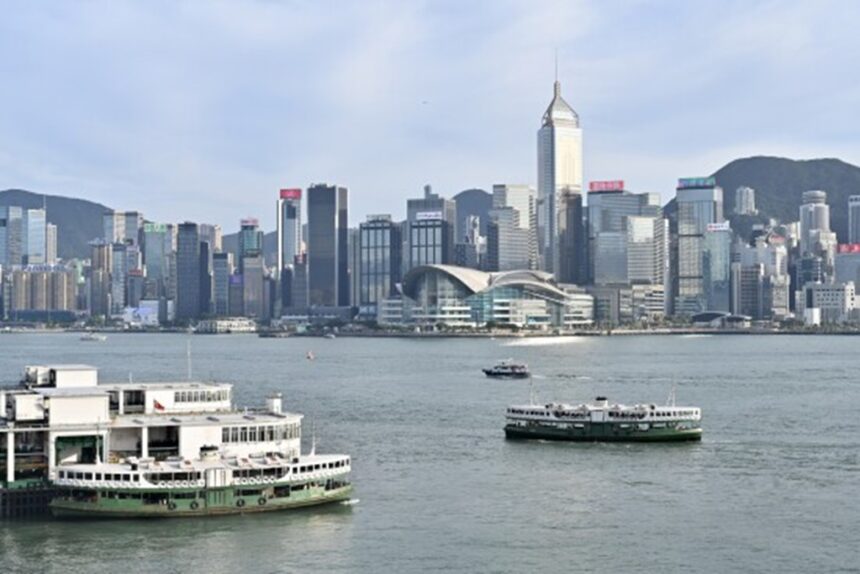Hong Kong has climbed to third place in the global economic competitiveness rankings, its highest standing since 2019. This marks the second year in a row the city has moved up two spots, reflecting its strong position on the world stage.
The World Competitiveness Yearbook 2025 (WCY 2025), released on 17 June by the International Institute for Management Development (IMD) in Switzerland, reviewed 69 economies worldwide.
Hong Kong improved across all key measures: government efficiency (second), business efficiency (second), economic performance (sixth), and infrastructure (seventh). According to the IMD, Hong Kong’s broad improvements show its commitment to policies that attract private sector economic investment.
Chief Executive John Lee commented that these higher scores show the government’s approach is working and that recent policies are having a positive effect. For over 20 years, since 2003, Hong Kong has secured a spot among the world’s top 10 most competitive economies.

Hong Kong’s Strong Economic Climate
Mr Lee highlighted that this recognition underlines Hong Kong’s strong business climate. Business leaders see its competitive strengths in the rule of law, judicial independence, a straightforward and low-tax system, a transparent market, a strong financial sector, and easy movement of capital, information, goods, and talent. The business community has recognized these advantages.
Despite global economic uncertainties and geopolitical tensions, Hong Kong’s economy grew 3.1% year-on-year in the first quarter of 2025. Full-year GDP growth is expected to reach between 2% and 3%.
In 2024, a record 145,053 local companies registered under the Companies Ordinance, pushing the total to 1,460,494 by year-end. The city also saw 1,079 new non-Hong Kong companies registered, raising that total to 15,126, the highest ever.
Mr Lee noted that under the ‘one country, two systems’ arrangement, Hong Kong benefits from strong ties with both mainland China and international markets. The government plans to strengthen global connections, boost regional trade, reach into new markets, and support economic growth to improve people’s lives.

Hong Kong is pushing ahead
To draw more overseas companies to set up in Hong Kong, a new company re-domiciliation law was introduced last month. This new regime makes it easier for firms to move their place of incorporation to Hong Kong.
Already, insurance firms AXA Hong Kong and Macau, and Manulife (International) Limited, have announced plans to re-domicile to Hong Kong under this new law, pending regulatory approval.
Hong Kong is pushing ahead with reforms to boost its role as a centre for finance, trade, and shipping. The Office for Attracting Strategic Enterprises has helped more than 80 key firms set up in the city, leading to HK$50 billion in new investments and the creation of over 20,000 jobs.
The latest WCY report shows Hong Kong leading in tax policy and business legislation, while also ranking second in education, international investment, and finance.
As a leading global financial centre, Hong Kong’s stock exchange reflects market confidence. By 30 May 2025, stock market capitalization had risen 24% year-on-year, exceeding US$5.2 trillion.
Initial public offerings (IPOs) on the Hong Kong Stock Exchange have surged this year, with nearly HK$79 billion (about US$10.12 billion) raised so far, making it the top performer among major global exchanges.














